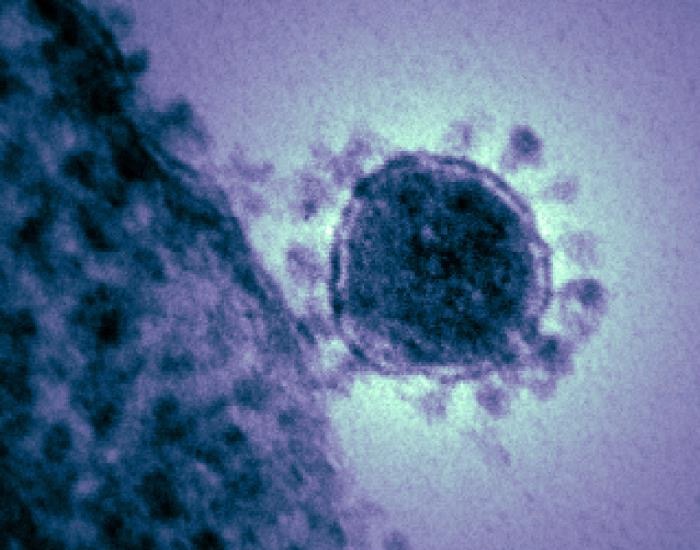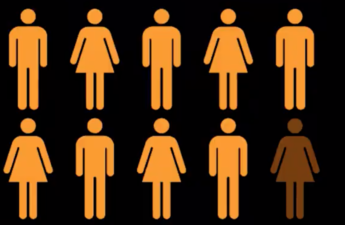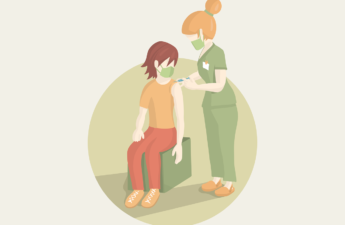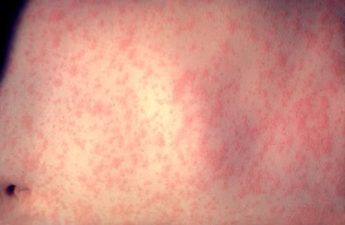
By Meredith Li-Vollmer, Public Health – Seattle & King County
Today, the Washington Department of Health confirmed the first case in the U.S. of a new novel coronavirus (2019 nCoV) in Snohomish County.
The virus emerged in Wuhan, China in December and a number of countries, including the United States, are actively screening incoming travelers at airports that receive direct flights from Wuhan.
Exported cases have been confirmed in Thailand, Japan and South Korea.
The risk to the public in King County of infection from this novel coronavirus is low, although the emergence of any new virus presents a challenge to public health and health care systems.
We asked Dr. Jeff Duchin, Health Officer for Public Health – Seattle & King County, about the 2019 novel coronavirus and what we might expect.
How severe is the illness from 2019 novel coronavirus (2019 nCoV)?
Jeff Duchin: Corona viruses are a large family of viruses. They usually cause mild respiratory illnesses such as the common cold. There have been coronaviruses that have caused more severe illness, such as severe acute respiratory syndrome (SARS) and Middle East respiratory syndrome (MERS).
As with any newly emerging infectious disease, knowledge evolves with time. Early on, it is difficult to know the source of the disease, how effectively it spreads from person to person, and the spectrum of illness – how severe the infection is.
These questions are answered over time as investigations provide accurate information. According to reports, most of the hundreds of people who have been infected have not had serious illness, although there have been several deaths.
Is there any information about how 2019 nCoV spreads?
Initially some patients were linked to a live seafood and meat market in Wuhan, but cases continued to emerge after the market was closed on January 1.
Based on what we know today, the 2019 nCoV can be transmitted from person to person and it appears to do so more readily than first reported by Chinese authorities, though it’s unclear how easily this virus is spreading between people.
How concerned should people in King County be about this novel coronavirus?
Overall, public health professionals and healthcare providers should be concerned and stay informed in order to rapidly identify and appropriately manage persons who may be infected with 2019 nCoV.
However, at this time the risk to the general public is low, given that there is only one case identified in Washington and the lack of evidence of easy spread. In addition, even in China there have been relatively few cases identified to-date relative to the size of the population.
As a point of comparison, there have been a few hundred cases and less than a dozen deaths reported globally as of today, while in a typical flu season there are hundreds of thousands of hospitalizations and tens of thousands of deaths in the U.S. alone.
Did the person from Snohomish who has been diagnosed with 2019 nCoV expose others while traveling through SeaTac airport?
The person did not have symptoms while at Sea-Tac International Airport which would make transmission less likely. CDC is currently evaluating whether there were any exposures of concern.
He sought medical attention soon after experiencing symptoms and followed procedures to prevent exposure to others.
He was quickly isolated in accordance with CDC guidance, so the risk of exposure from this case is low.
What is being done to identify and prevent the spread of 2019 nCoV?
Airport screening by CDC is underway at airports receiving the majority travelers from Wuhan, China. Later this week, all travelers from Wuhan will be routed through those airports that have screening.
Although this screening may identify ill persons, the main value is in providing information to travelers returning from areas where outbreaks are occurring on what to do if they develop symptoms.
Because it is not possible to identify all people who may be incubating an infection through screening, clinicians and healthcare systems must remain alert and ask persons with respiratory symptoms about their travel history.
International travelers should also be aware of this outbreak in China and be sure to review guidance for international travelers from the CDC at: https://wwwnc.cdc.gov/travel/notices
We’re also working with the healthcare system to help them detect any infections as quickly as possible. In January, Public Health issued two health advisories to King County healthcare providers and hospitals providing guidance on identifying and evaluating persons at risk for this new infection.
Our partners at the Northwest Healthcare Response Network are also standing ready to provide coordination with healthcare partners.
The continual emergence and rapid international spread of new infectious agents is an example of why we need a strong public health system that is coordinated with the clinical healthcare delivery system.
There is much we don’t know about this new coronavirus, and ongoing close collaboration between public health and clinical health care providers will be essential in limiting transmission in the U.S.
When should you seek medical attention for 2019 nCoV?
If you’ve traveled from the Wuhan area of China and feel sick with fever, cough, or difficulty breathing, call your healthcare provider before going to get care and tell them about your symptoms and travel. They can provide you instructions for seeking care so that you do not expose others.
Is there a vaccine in the works for 2019 nCoV?
Currently, there is no vaccine for this virus or other coronaviruses, although scientists at NIH reported they are going to take steps towards the development of a vaccine.
More information on 2019 novel coronavirus is available from the Centers for Disease Control and Prevention (CDC) website.


